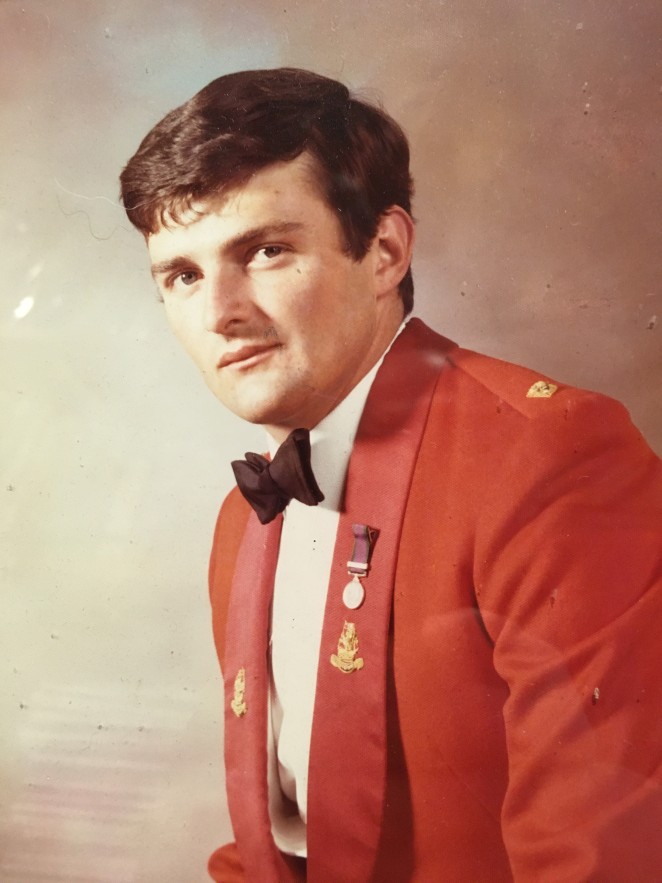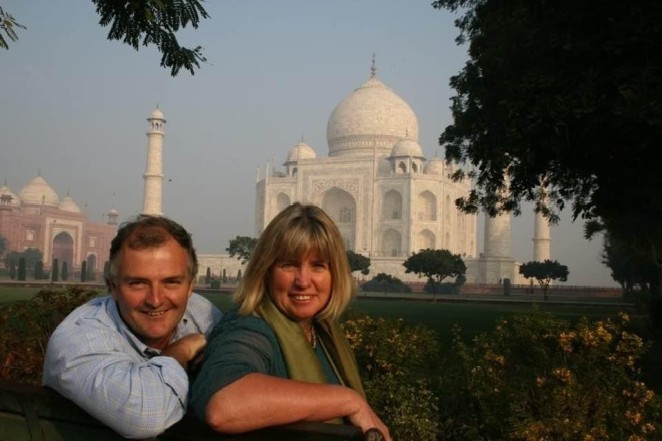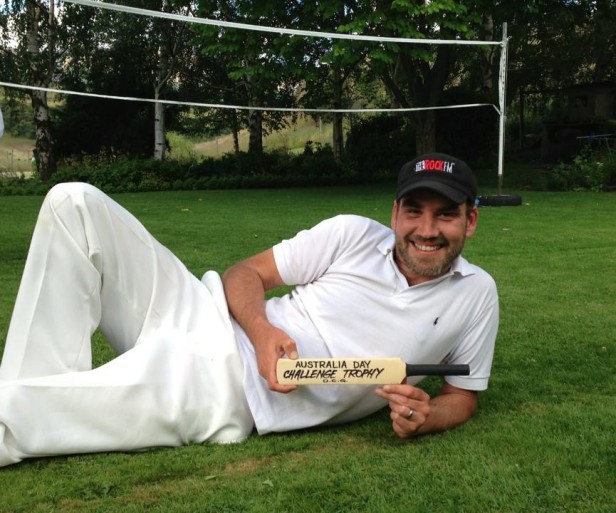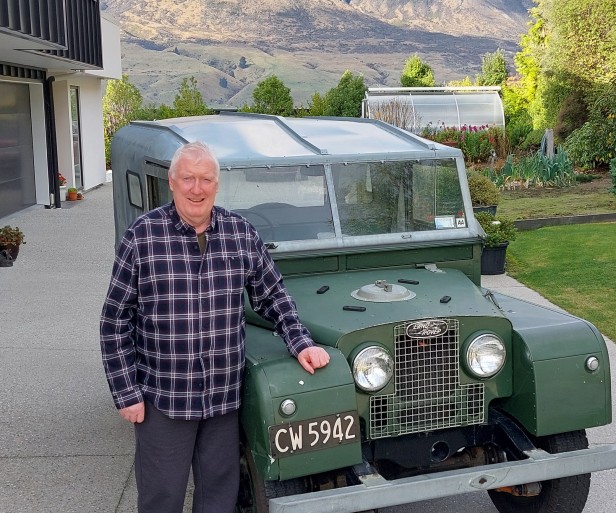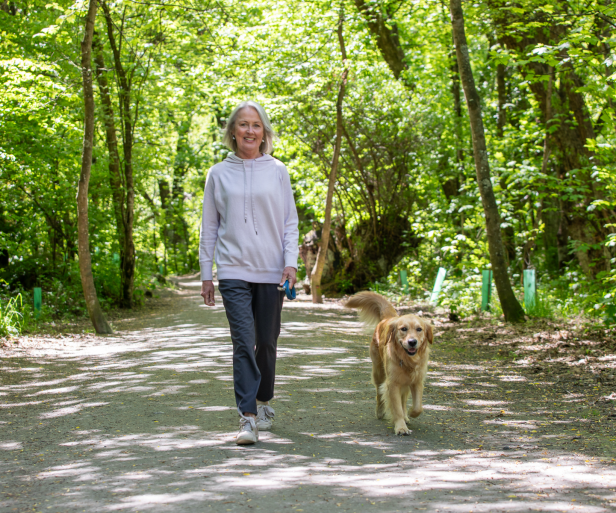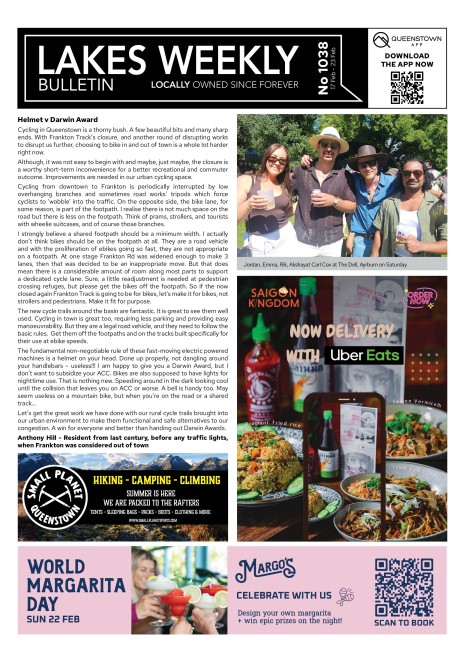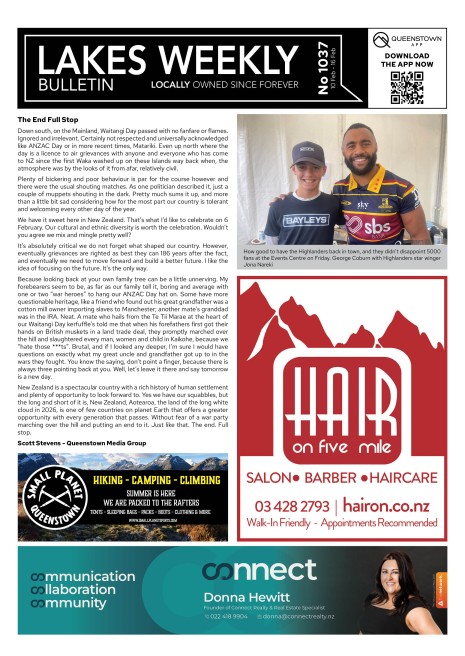Philip Jenkins - From warzones to lakeside luxury
His name may be synonymous with opulence and lavish luxury lodges in this country, but Kenyan-born Brit Philip Jenkins certainly did the hard grind to get there.
The son of a Special Branch Assistant Police Commissioner stationed in Kenya and Nigeria, later Defence Security Officer in Cyprus, Philip, born in 1953, was raised amid wars and uprising. “Everywhere we went there was conflict, war or independence,” he says. “We were in Kenya during the Mau Mau conflict – a frightening time. My mother had to be with an armed police officer 24/7.”
During his dad’s Cyprus posting, Philip was schooled at a monastery boarding school – the Royal Air Force flying servicemen’s kids to Cyprus for fabulous holidays. “We brought back vast quantities of duty-free cigarettes for virtually nothing, banned, of course, and shared them at school.” Inevitably, he got caught smoking behind the pavilion, not even the confessional protecting him. “I duly confessed that week to which the monk replied: ‘Three ‘Hail Marys’, one ‘Our Father’, and ‘See me in my room later’, where I was caned.”
At 18 Philip lived on a kibbutz in Israel. Volunteers were paid £1 and free contraceptives a week for picking oranges and stomping on cotton in the searing sun.
He then trained as an instructor in northwest Scotland at the John Ridgway Adventure School – John, and Chay Blythe, the first to row across the Atlantic in 1968.
After failing his first attempt before the British Army Officer Selection Board, a Colonel who saw Philip’s potential enrolled him as an Army private soldier in The Royal Army Ordnance Corps. Identified as a potential officer Philip was sent to The Royal Military Academy of Sandhurst where the burly Scottish Sergeant Major quickly laid down the law to his 80 nervous charges.
Once while marching diligently and aiming to be inconspicuous, Philip noticed Princess Anne. “I started veering away as the royal command came, ‘Come here! Come here, I said!’” Nervously, Philip marched over and saluted the Princess, ‘Yes, Ma’am’, to which she replied, ‘I’m terribly sorry. I wasn’t calling you, but the two golden labradors behind you.’
During two Northern Ireland tours in the thick of mid-70s unrest Philip’s Duke of Wellington’s Regiment patrolled dangerous housing estates en masse, helicopters circling overhead, looking for IRA operatives and arms caches, occasionally amongst violent protestors.
After five years in Northern Ireland, Germany, Canada and the UK, Philip turned down a stint in the Sultan of Oman’s forces to join a friend as crew on a maxi racing yacht from San Francisco to Buenos Aires.
Sailing led him to Cape Town where he was warden of an outdoor adventure school running the first multi-racial Outward-Bound course for young people during apartheid. “That was life changing for the students”.
Looking for crew for a second delivery voyage from The Cape to Europe, Philip met wife Karen. “She’d advertised at the yacht club: ‘Young girl wanting to sail to Europe. Will pay. Will do anything’, so we hired her straight away,” Philip grins.
After safely delivering the yacht to Italy, then given free rein by the wealthy owner to run charters, Philip and Karen developed a successful charter business in the Mediterranean.
Sail master in a race to Uruguay, Philip was asked to sail the boat back to Cape Town, narrowly escaping catastrophe when it capsized in hurricane seas. “I was wearing two harnesses. With 85-knot winds and 45-foot-high (13.7m) seas I was suddenly underwater. I remember the absolute silence and a fog of red instrument lights for about a minute before the boat righted itself, only to be dismasted in a second capsize, 1700 miles (2735km) off the African Coast.” Miraculously, they connected the SSB radio to the broken backstay alerting Cape Town Radio, a freighter diverting to the rescue.
In 1987 Philip was offered a job managing New Zealand’s Solitaire Lodge on Lake Tarawera, invited from there to manage Queenstown’s high-end Nugget Point Hotel in 1991.
Wharekauhau Lodge followed before Levi Strauss president Tom Tusher approached him in 1999 to open Blanket Bay Lodge, near Glenorchy. “It was a dream job where I stayed for 15 years.”
Rapidly renowned as NZ’s best luxury lodge, Philip mastered the constant media interest, vehemently protecting his prized clientele, often Hollywood superstars, with his firm, ‘I can’t confirm or deny’ policy.
Actor Robin Williams allowed the guard down during his 1999 stay, fresh from heli-biking in muddied lycra, promptly adopting a full Indian persona to welcome Californian lodge guests, offering to escort them to their room. “They saw him and their mouths dropped, Robin instantly turning into an Indian porter,” Philip laughs. “He was a wonderful man.”
Lord of the Rings star Sir Ian McKellen was equally engaging – a lodge resident during filming – “a kind and charming gentleman”.
During Philip’s watch Nugget Point won Best NZ Hotel while Blanket Bay went on to achieve global recognition - second spot in Andrew Harper’s internationally acclaimed Hideaway Report and multiple other international awards.
Philip started a scholarship for Glenorchy School, their two daughters loving their time there, before in 2014 he called it quits after 34 years of “looking after people, yachts and lodges”, semi-retiring to Kerikeri.
Still consulting to luxury lodge developers, Philip was also a Fred Hollows Wood Chopper volunteer in Kerikeri where they raised $450,000 for the charity.
He and Karen have just moved to Canterbury to be near family, and he still keeps a hand in ocean sailing, including a couple of Atlantic deliveries in the past few years.
